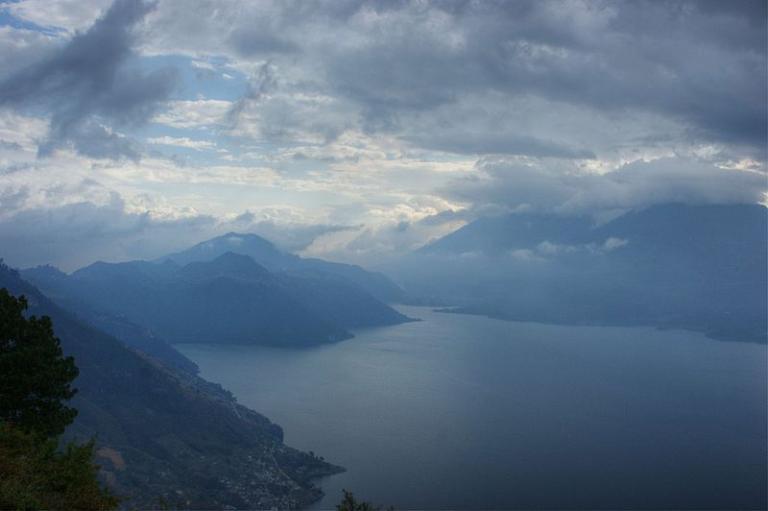
In today’s reading, Mosiah 18, the focus shifts from Abinadi, who’s been put to death by King Noah and his priests, to Alma.
The chapter is set at a place called “the waters of Mormon,” a place to which the editor, Mormon, attaches a particular sanctity:
And now it came to pass that all this was done in Mormon, yea, by the waters of Mormon, in the forest that was near the waters of Mormon; yea, the place of Mormon, the waters of Mormon, the forest of Mormon, how beautiful are they to the eyes of them who there came to the knowledge of their Redeemer; yea, and how blessed are they, for they shall sing to his praise forever. (18:30)
It was there that Alma invited his followers to enter into a covenant with God via baptism, in words that still resonate with me and, I think, with many Latter-day Saints even many centuries later:
Behold, here are the waters of Mormon (for thus were they called) and now, as ye are desirous to come into the fold of God, and to be called his people, and are willing to bear one another’s burdens, that they may be light; yea, and are willing to mourn with those that mourn; yea, and comfort those that stand in need of comfort, and to stand aswitnesses of God at all times and in all things, and in all places that ye may be in, even until death, that ye may be redeemed of God, and be numbered with those of the first resurrection, that ye may have eternal life—Now I say unto you, if this be the desire of your hearts, what have you against being baptized in the name of the Lord, as a witness before him that ye have entered into a covenant with him, that ye will serve him and keep his commandments, that he may pour out his Spirit more abundantly upon you? (18:8-10)
Where had Alma received his authority? I suspect that the priests of Noah’s court, while brazenly unrighteous, had been validly ordained. Anyway, I discuss this and related questions in a piece on “Authority in the Book of Mosiah” that I published back in 2006, when I was still affiliated with what is now known as the Neal A. Maxwell Institute for Religious Scholarship.
Finally, notice again, this time in 18:32, the rather archaic use of discovered to mean un-covered or revealed.










